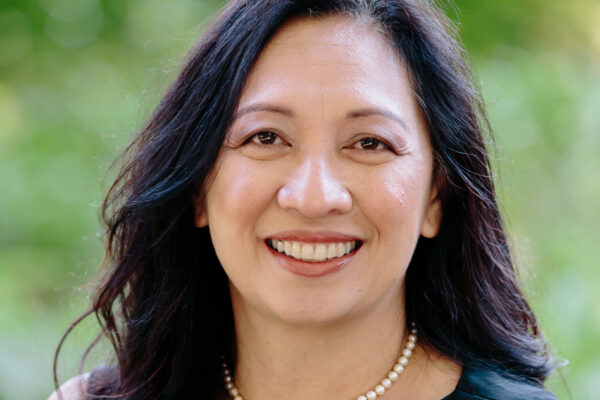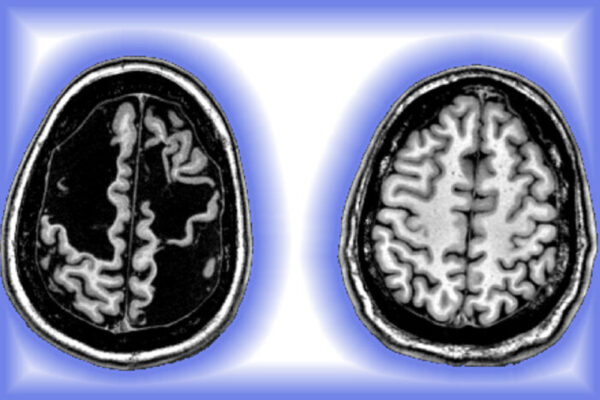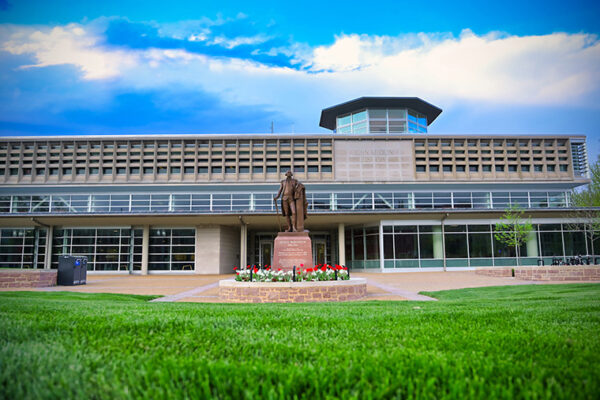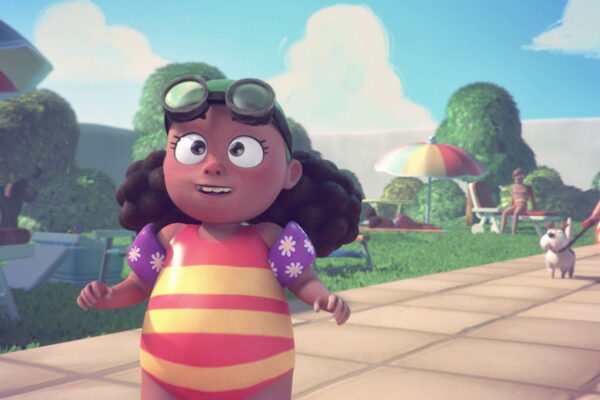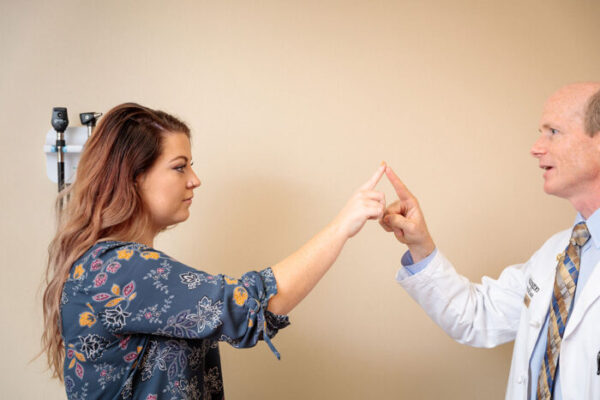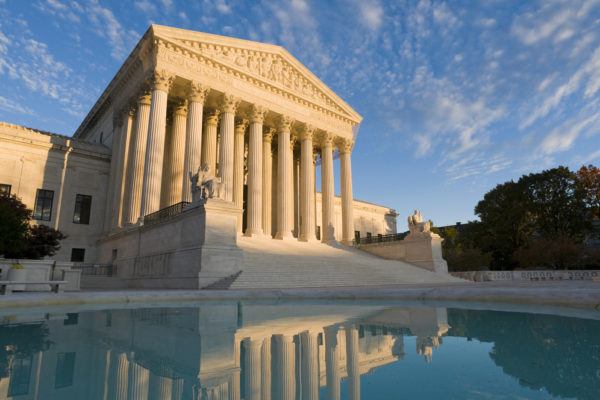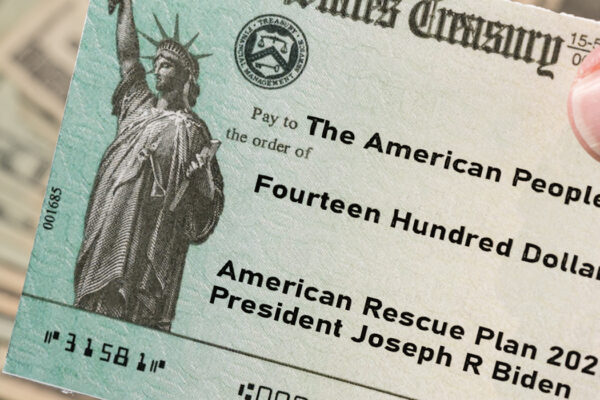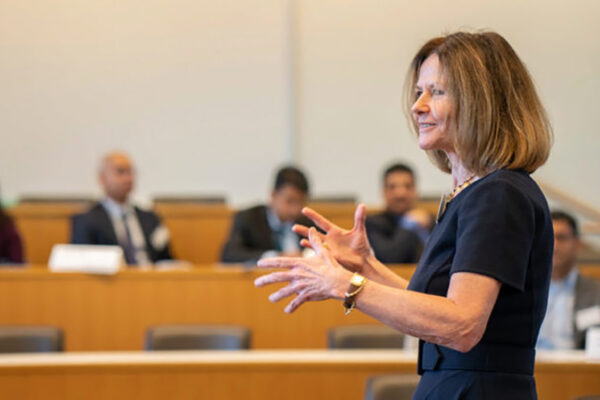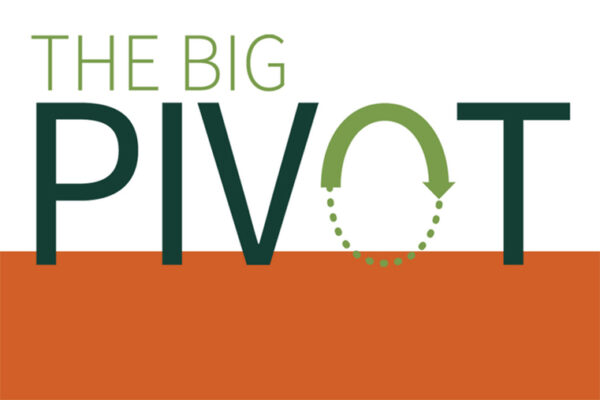Gonzalez appointed vice chancellor for student affairs
Anna Gonzalez, vice president for student affairs and dean of students at Harvey Mudd College, has been appointed vice chancellor for student affairs at Washington University, effective July 1, according to Chancellor Andrew D. Martin.
Can changes in driving habits predict cognitive decline in older adults?
Researchers at the School of Medicine have received three grants totaling more than $10 million to study the factors that contribute to deterioration in driving skills in older adults and to determine ways to identify people whose driving skills have begun to decline or are on the verge of slipping.
Brain rewires itself after injury ‘on the edge of what’s compatible with life’
Nico Dosenbach, MD, PhD, at the School of Medicine, conducted research over six years on a patient who suffered a stroke as a newborn. The case study show “the brain’s remarkable resiliency to rewire itself.”
Search begins for vice provost and university librarian
Provost Beverly Wendland has appointed a committee to identify candidates for the position of vice provost and university librarian at Washington University.
Virtual African Film Festival runs March 26-28
Now celebrating its 15th year, the African Film Festival will virtually present March 26-28 an array of award-winning shorts and full-length features from across Africa. All programming is free.
International Alzheimer’s clinical trial to test tau drugs
A worldwide clinical trial aimed at finding treatments for Alzheimer’s disease has expanded to include investigational drugs targeting a harmful form of the brain protein tau. The trial is led by Washington University School of Medicine.
Supreme Court term limits would greatly reduce imbalance on the court, study finds
Imposing term limits on justices who sit on the U.S. Supreme Court could bring significant changes to the nation’s highest court, suggests a forthcoming paper from two Washington University in St. Louis law professors.
Breaking down the American Rescue Plan
The American Rescue Plan is a remarkable effort to jump-start the U.S. economy — unprecedented in scale outside of major wars — and will lead to very fast growth of the U.S. economy over the next year, according to Steven Fazzari, director of the Weidenbaum Center on the Economy, Government and Public Policy.
Knott wins Olin Award for research quotient paper
Anne Marie Knott, the Robert and Barbara Frick Professor of Business at Olin Business School, has won the 2021 Olin Award for a forthcoming paper exploring research quotient in the Journal of Financial and Quantitative Analysis.
How WashU innovated its way through one of its greatest challenges
The Washington University community — administrators, faculty, students and staff — rose to the challenge of the unprecedented COVID-19 emergency, innovating every step of the way.
View More Stories
